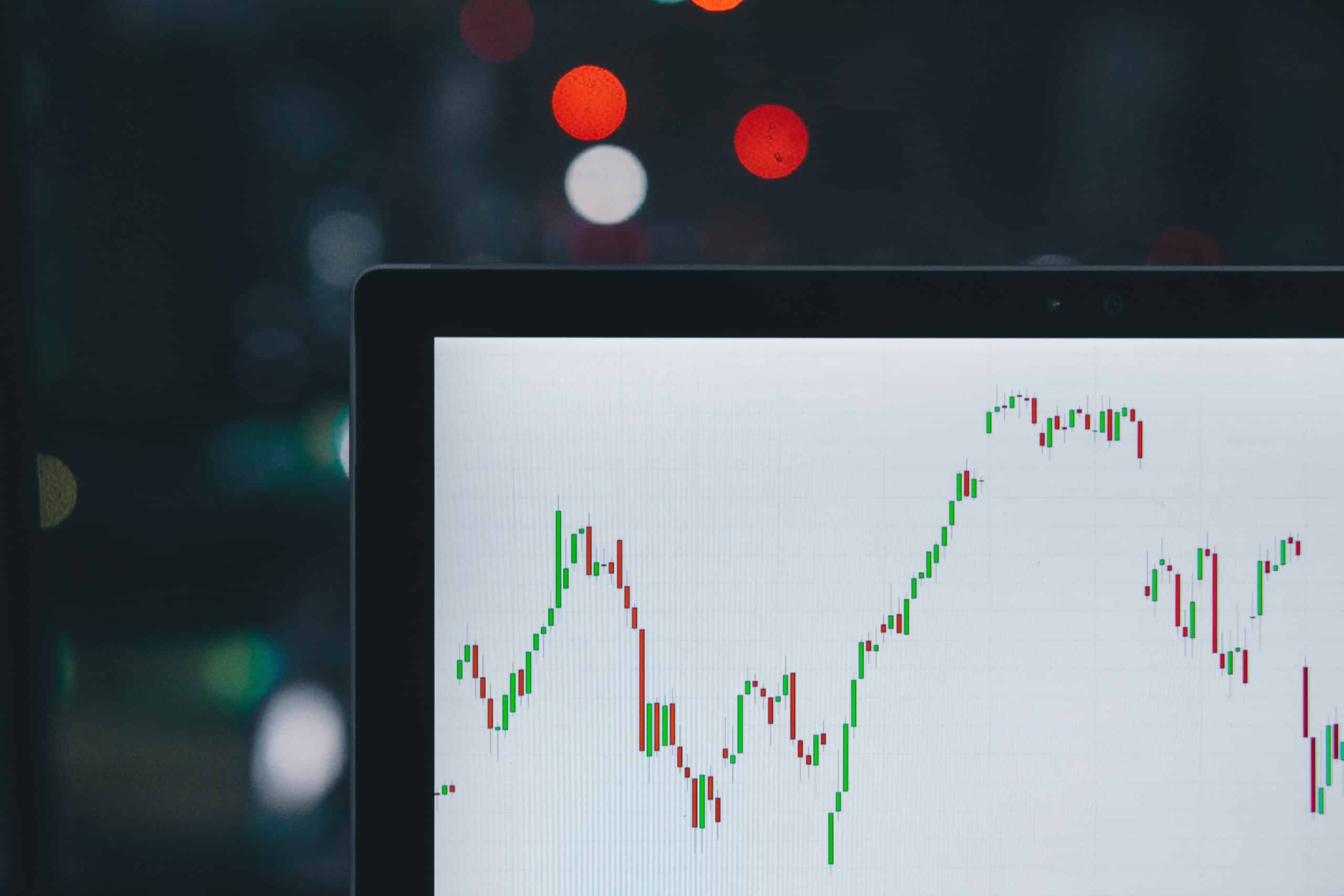A former employee at now-defunct trading firm Alameda Research told CoinDesk that the firm was on the brink of a collapse only on the very last day.
“It pretty much seemed like business as usual, right up until the end. The days before the company collapsed, it just seemed like a few really busy days of trading,” said Aditya Baradwaj, a former engineer at Alameda on CoinDesk TV.
“We had no reason to believe that anything was going on, basically until the very last day, and that’s when Caroline [Ellison] pulled us aside and told us what had been going on behind closed doors.”
Baradwaj previously revealed that an Alameda trader had misplaced a decimal point when selling a block of Bitcoin (BTC) through a manual trading system – a so-called “fat finger” trade that resulted in the price of Bitcoin crashing 87% on some exchanges.
PART 2: THE FAT-FINGER
or
The story of how a misplaced decimal point at Alameda Research caused a market crash that echoed around the world.
(1/n) 🧵#SBF #FTX pic.twitter.com/jCykh6rg1o
— Adi (@adi_baradwaj) September 20, 2023
At the time, he said that Alameda lost tens of millions of dollars, but the firm only implemented an additional check on manual trades after the fact. This was the way things worked at the firm, he said, under the direction of former FTX CEO Sam Bankman-Fried, who opted for the utility gained from moving fast, even if it came at the cost of poor risk checks.
“The fat finger trade…is just one of many instances of really poor security and risk checks at the company, checks that at any traditional trading firm, would have probably been established long before trading even started,” said Bharadwaj.
However, while the environment was far from by the book, he said that employees would have never expected anything illegal, or close to the scale of the apparent significant misuse of customer funds.



